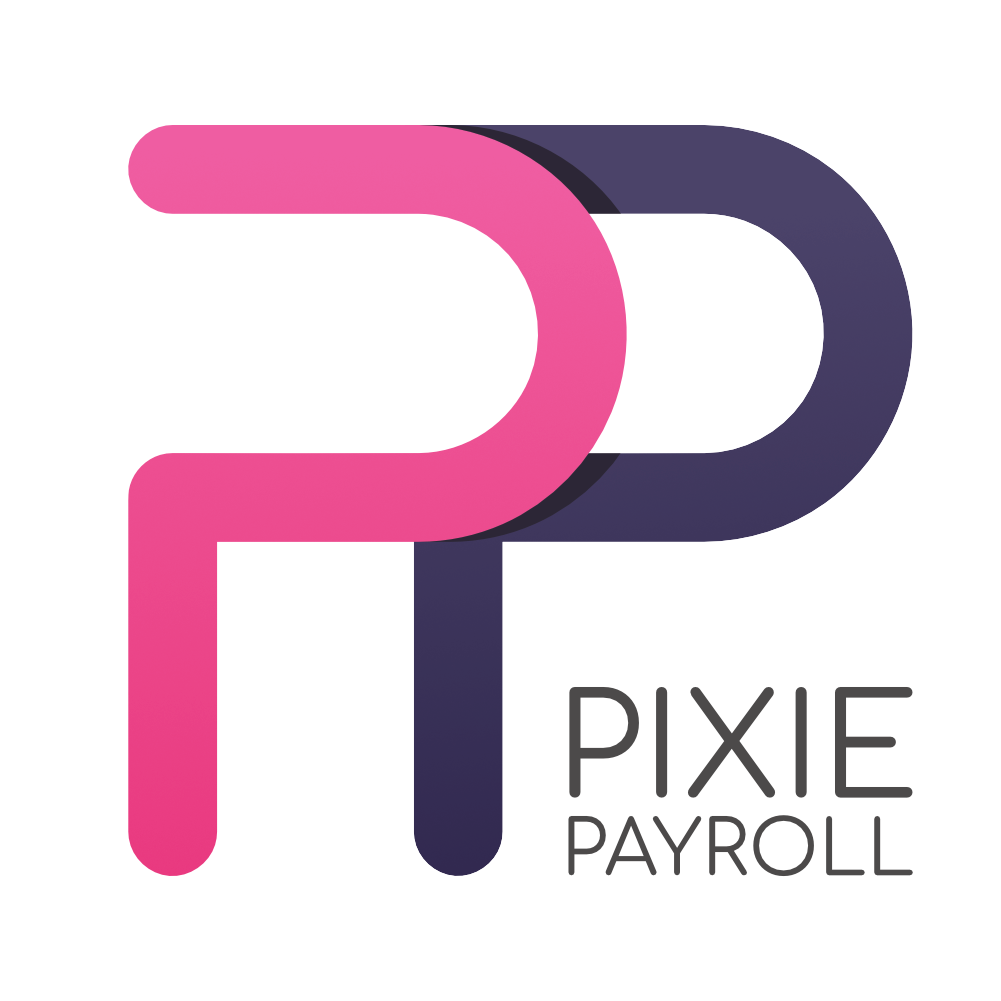Happy new year! As I write this, we’re half way through January and the fun of Christmas has given way to a gloomy, wet and windy January. But the evenings are starting to draw out and spring isn’t that far away. That means we’re close to April and the end of one tax year and the start of another, which often brings changes to income and taxation.
2020 is no exception as this year, as there are changes due to the National Minimum Wage and the National Living Wage which we have detailed in this blog. We’ve also included an update on the personal allowances although they aren’t changing this April.
Firstly, we thought we’d clarify the difference between the National Minimum Wage and National Living Wage. Put simply, those aged under 25 have to, by law, be paid the minimum wage for their age and those aged 25 and over have to be paid the living wage by law.
You may also have heard of the Real Living Wage. That is a rate – currently £9.30 per hour outside London and £10.75 in London – that the Living Wage Foundation has calculated is needed to live, based on current living costs. Some employers have committed to paying the Real Living Wage, but it is voluntary so as an employee, you can’t insist on it.
In terms of increases in the statutory rates, the National Living Wage was £8.21 per hour in the 2019/20 tax year and from April 2020, it will increase to £8.72 per hour. This means that someone working 40 hours per week will see an increase of just over £1,000 per year in their wages.
The National Minimum Wage for everyone under 25 and apprentices is increasing too.
| Year | 21 to 24 | 18 to 20 | Under 18 | Apprentice |
| Current rate – 2019/20 tax year | £7.70 | £6.15 | £4.35 | £3.90 |
| Rate applicable from April 2020 | £8.20 | £6.45 | £4.55 | £4.15 |
Personal tax allowances are remaining the same in 2020/21 at £12,500. That means someone can earn up to the threshold before any tax liability kicks in and will, in future, be then indexed with the Consumer Price Index (CPI). The higher rate threshold will be £50,000. Bear in mind these are the current rates for England & Wales, there is a slightly different taxation regime in Scotland which we covered in our September blog here.
Whilst a pay rise is good news for everyone, it does mean employers have to make new calculations and look at how the new results affect their bottom line. Increases in National Living Wage and National Minimum Wage rates often means wage rates for all employees in a business need reviewing, even if they currently earn above the minimum rates, so if you need any help or advice in understanding how the new rates might impact your business planning, get in touch.
